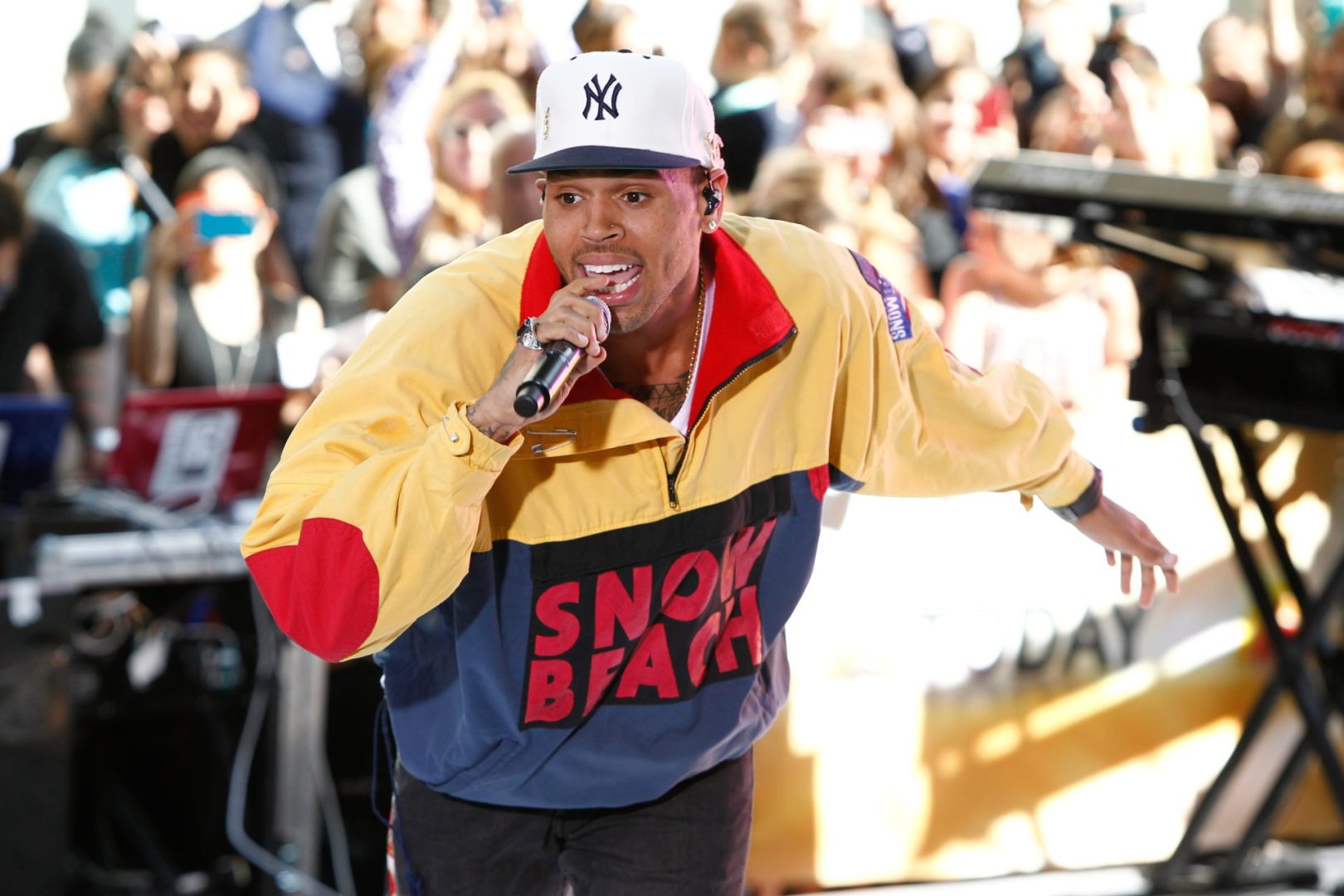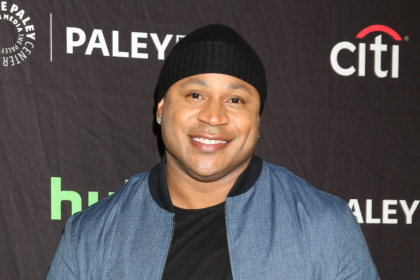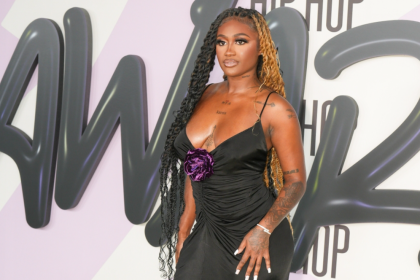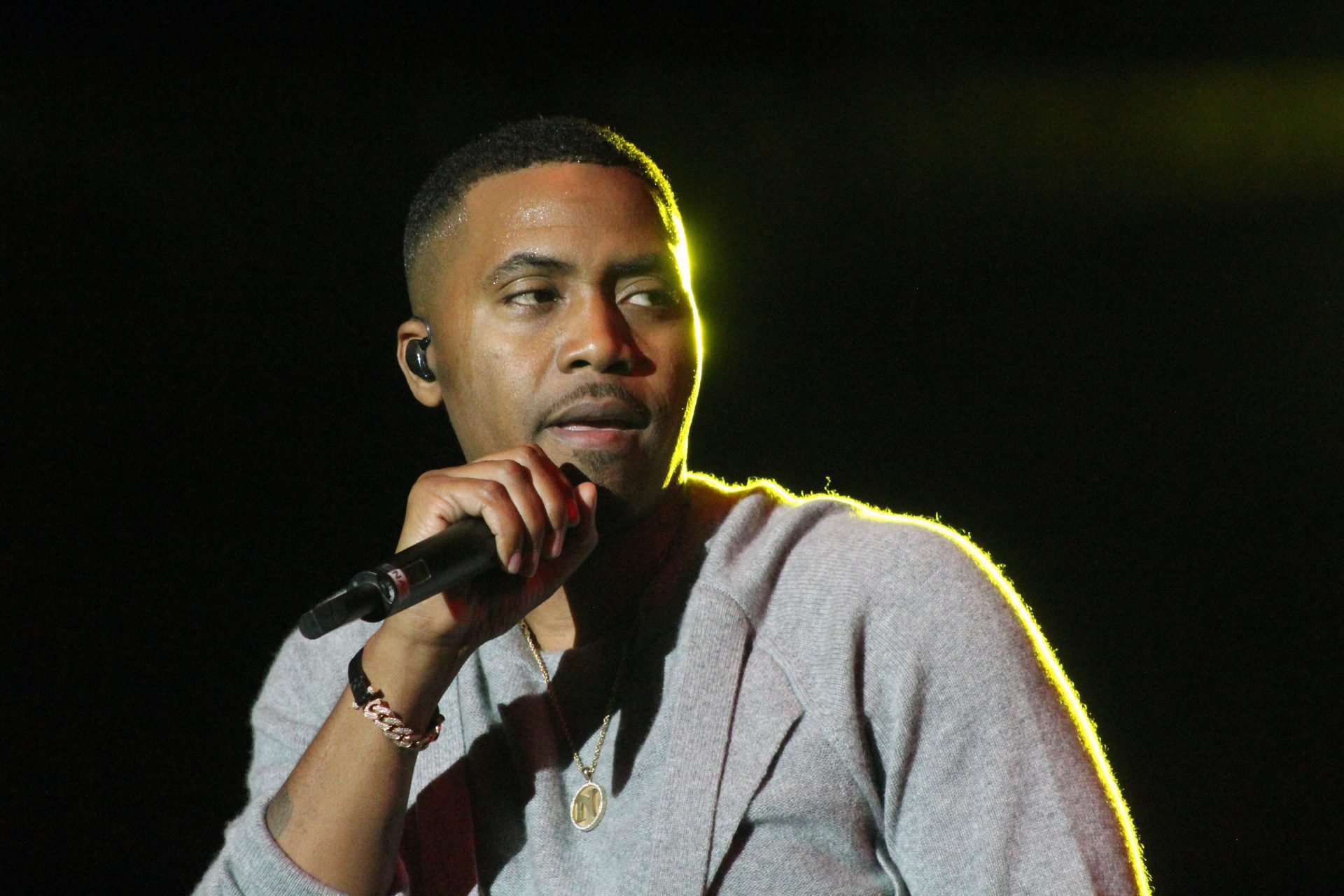In a clash of music and morality, Chris Brown‘s upcoming South African concert has become a lightning rod for controversy. The R&B superstar, no stranger to scandal, now faces a fierce backlash from women’s rights activists determined to pull the plug on his performance.
At the heart of this musical maelstrom is Brown’s troubled past, a history that continues to cast long shadows over his career. The singer’s 2009 assault on then-girlfriend Rihanna remains a stark reminder of the darker side of fame, one that has led to performance bans in countries like the UK, Australia and Canada.
Activists speak out against domestic violence
Enter Women for Change, a South African activist group that’s not about to let Brown’s checkered history slide. They’ve launched a petition that’s catching fire faster than a platinum record, already amassing over 20,000 signatures from those who believe Brown’s presence sends the wrong message in a country grappling with its own demons of gender-based violence.
Sabina Walter, the group’s executive director, didn’t mince words when she heard about Brown’s impending arrival. “I was shocked and deeply disappointed,” she said, according to BBC. “The petition was started to send a strong message that we will not tolerate the celebration of individuals with a history of violence against women.”
The context of gender-based violence in South Africa
South Africa’s battle with gender-based violence provides a sobering backdrop to this musical showdown. With one of the world’s highest femicide rates, the country is walking a tightrope between entertainment and ethics. Brown’s presence, some argue, could tip that balance in a dangerous direction.
Chris Brown’s controversial past
Brown‘s rap sheet reads like a cautionary tale of fame gone wrong. The 2009 assault on Rihanna wasn’t just a personal low point; it became a cultural touchstone, forcing a reckoning with how we view celebrities who cross the line. Despite attempts at redemption, Brown’s actions continue to echo through his career, raising thorny questions about forgiveness, accountability and the price of second chances in the court of public opinion.
Public reaction and future implications
As the controversy swirls, South African music lovers find themselves caught in the crossfire. Some fans are chomping at the bit to see Brown perform, while others stand firmly behind the call for cancellation. This tug-of-war between art and ethics is playing out on social media, in living rooms and on the streets, becoming a microcosm of larger debates about celebrity, responsibility and the power of the platform.
A call for accountability
As the clock ticks down to showtime, all eyes are on South Africa. Will the voices of activists drown out the siren song of celebrity, or will Brown take the stage despite the outcry? The answer could set a precedent that reverberates far beyond the concert hall, potentially reshaping how the music industry deals with artists carrying controversial baggage.
In a world where the personal and the professional increasingly collide, the Brown saga is more than just a concert controversy – it’s a litmus test for an industry, and a society, at a crossroads. As the final notes of this drama play out, one thing is clear: in the court of public opinion, the verdict is still very much up in the air.













